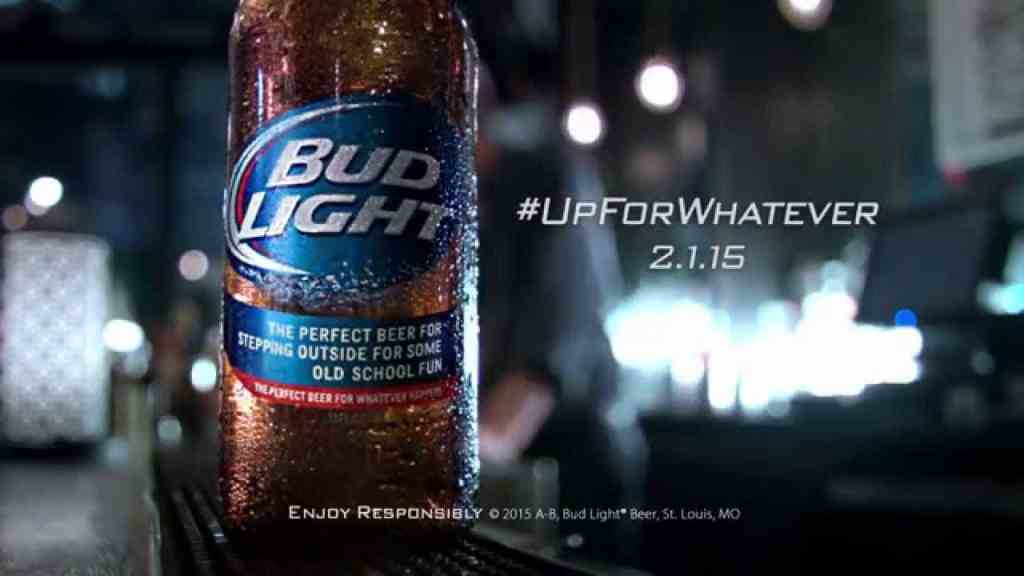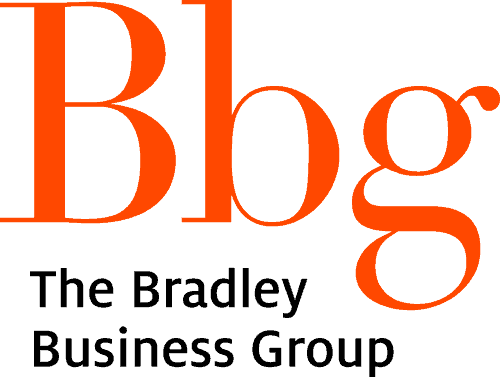Super Bowl Sunday has become as close to a national holiday as one could get. Quite frankly, Super Bowl Sunday is becoming more of a social get-together to most than it is a sporting event.
Friends and family get together every year to watch the big game, enjoy some luscious finger food, and to sign their names in those tiny square boxes.
But because there are only two teams competing, most fans come together for the social aspect as well as to watch something other than the game: the commercials.
Yes, the commercials.
For years now, millions of viewers have tuned in Super Bowl Sunday with much excitement and anticipation for the 30-60 commercials that companies are now paying up to a jaw-dropping $4.5 million for 30 seconds.
Recently, companies have taken a new approach: releasing their Super Bowl commercial prior to the day of the big game. Some have even decided to release their ad up to three weeks earlier.
This brings about the questions of:
- Why would a company pay all that money for an ad that will be old by the day of game?
- Does prereleasing an ad ruin the excitement and anticipation surrounding a brand?
- What benefits does prereleasing an ad bring to a brand?
This is a new concept that has yet to be proven, but surprisingly, it’s been more successful than you may have thought.
Prereleasing an ad has provided brands with the opportunity to create extensive buzz surrounding their product or service and the ability to expand their reach further than they ever have before.
Take BMW for instance.

BMW’s “Newfangled Idea” with Katie Couric and Bryant Gumbel ad for its i3 car was released on YouTube the Monday prior to Super Bowl Sunday. In less than three days, it reached nearly 4 million views and eventually became the most viewed video on the BMWUSA channel before even airing on TV.
“We wanted to create huge reach and awareness for the BMW i3 specifically, and people start looking for Super Bowl ads before the sports event itself,” said Manuel Sattig, brand strategy and communication manager, BMW of North America.
BMW first deputed the commercial on TODAY, and it spread rapidly ever since.
After the ad was posted online, the @BMWiUSA Twitter account grew followers by 42% in a week, while its Facebook followers grew 58% during the same time frame.
BMW went on to continue its campaign through the beginning of February leading to the i3 becoming the most popular model to design on their site.
Like BMW, Bud Light took to the prerelasing approach, releasing a teaser version of their commercial.

Continuing with their #UpForWhatever campaign, Bud Light took to throwing a guy into a life-size Pac-Man maze completing with ghosts. Aligning perfectly with their “The perfect beer for whatever happens” slogan, Bud Light’s adreached more than 10 million views in the time leading up to the big game.
By releasing an ad before the day of the game, advertisers are embracing the second screen movement: using social networks as a complementary experience to live TV.
Posting their ads ahead of time allows a brand to take full advantage of the abundance of social media activity, while making the most of the money they invested in their ad.
Football fan or not, if a person sees something they like, they will likely share it, or it at least comment on it or like it. And once a person shares something, now their friends have the ability to like it, share it, or even cry or laugh over it as well.
By posting an ad online, it opens up the brand up to a much wider audience and ensures that their content lives beyond Super Bowl Sunday.
Pros vs. Cons
The idea of releasing a Super Bowl commercial prior to the day of the game certainly has its benefits, but there are some downsides to this new trend.
Pros:
- Provides a brand with the opportunity to create extensive buzz surrounding their product or service
- Allows brand to expand their reach and increase awareness
- Creates or increases a brand’s social media fanbase
Cons:
- Ruins the excitement and anticipation surrounding a brand’s ad
- Increases chances for pre-hype criticism
- If your commercial is a failure, it will live online for quite some time
What are your thoughts on prereleasing a Super Bowl commercial?
Author: Jake Platt was a content marketing intern with Primal Digital Marketing (now owned by Bbg, Inc.). Jake graduated from the University of Rhode Island where he studied Global Marketing and Business Management.

